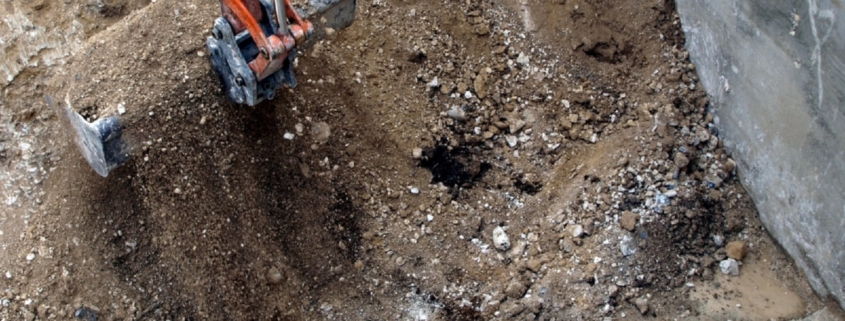The Pros and Cons of Modular Construction 5866
Understanding the Different Stages of a Construction Project
Whether you’re a homeowner or a real estate investor, understanding the various stages of a construction project can be invaluable. It not only helps in planning and budgeting but also in ensuring the quality of the work.
The first stage is the planning and design phase. This is where you, alongside an architect or designer, create a blueprint for your project. The design should consider both functional aspects and aesthetic preferences. The plan will then be cross-checked against zoning laws and building codes to ensure compliance.
The second stage involves acquiring the necessary permits. These can include zoning permits, building permits, and environmental permits. It’s crucial at this stage to have a knowledgeable construction company or contractor by your side to navigate this often complex process.
The third stage, the construction phase, is where the blueprint is transformed into a physical structure. This involves several steps, such as site preparation, foundation construction, framing, installation of systems (electrical, plumbing, HVAC), and finishing. Each of these steps must be carefully managed and supervised to ensure quality and compliance with the design.
The last stage is the post-construction phase. This includes not just the final touches and cleaning, but also thorough inspections to ensure that all work has been done in adherence to regulations and as per the design. Once the project passes inspection, the construction company transfers the completed project to you.
In conclusion, understanding the different stages of a construction project can greatly ease the process. It helps in setting realistic expectations, planning effectively, and ensuring the end product is what you wanted. Remember, a successful construction project is a well-planned one.
Must-have Tools for the Successful Construction Worker
Whether you are a seasoned construction worker or a beginner in the field, having the right tools is critical for efficiency and safety on the job. Here are some tools that are vital for every construction worker.
Firstly, safety equipment is non-negotiable. This can include hard hats, safety glasses, work boots, and high-visibility clothing.
Secondly, hand tools such as hammers, tape measures, screwdrivers, and utility knives are indispensable. They are often needed and are basic to most construction tasks.
Thirdly, electric tools like drills, circular saws, and sanders can improve accuracy and speed up work.
Lastly, job-specific tools may be required depending on the type of work. For example, a roofer would need roofing nailers, while a carpenter would need chisels and planes.
In summary, having the right tools can make the job easier, safer, and more efficient. Always remember, the right tool for the right job is the key to successful construction work.
For more details, check best Chimney Services Dublin or visit their Chimney Repairs Service business listing here.



